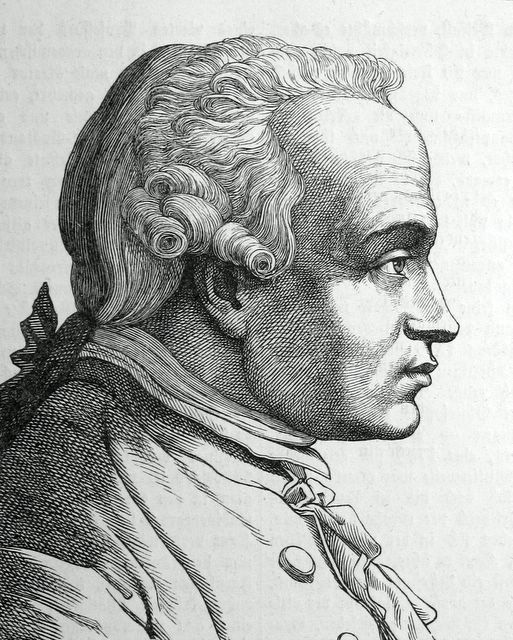Philosopher Lewis White Beck was selected to write the entry on “German Philosophy” for The Encyclopedia of Philosophy. He wrote:
“Immanuel Kant was to put almost every fundamental concept of the Enlightenment in jeopardy.”
That is a striking claim, as it goes against a standard interpretation of Kant as a paragon of the Enlightenment.

Immanuel Kant is arguably the most influential philosopher of the past 240 years, yet he is a challenging read. So here is my guide to understanding his ideas and the controversies over how properly to interpret him.
* I recommend starting with the Second Preface to his Critique of Pure Reason. CPR is Kant’s foundational work. Yet it’s long and complicated. When he published the second edition in 1787, he took pains to write a new preface outlining his main conclusions, his reasons for them, and their key implications for future philosophy. And it’s only 12 pages. So here is the text of Kant’s “Second Preface” itself: PDF.
* As supplement, my primer close-reading of the text: Video.
* A scholarly article by me on its relevance for the Is-Kant-objectivist-or-subjectivist debate: PDF. (The source for the Beck quotation is within.)
* My book-length discussion of Kant’s intellectual-history significance on the road to postmodernism: Text or Audiobook.
* And how Kant’s Critique of Pure Reason works with his later Critique of Judgment and their joint influence on modernist and postmodernist art: Video Interview.
Related: Philosophers, Explained series on the great philosophers and their major works.